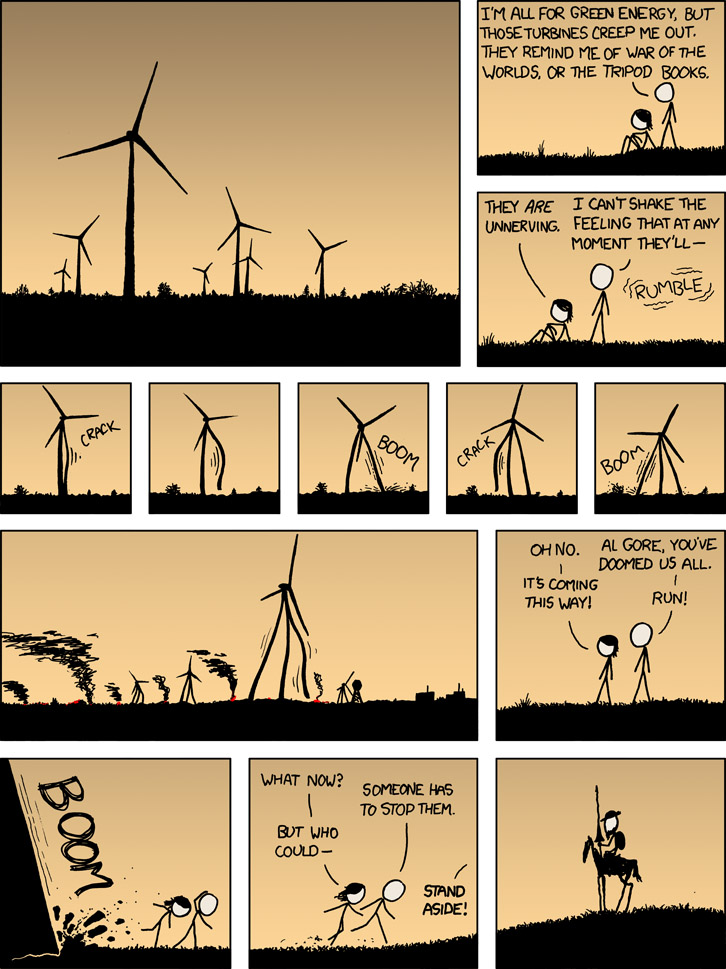The past 22 things have not always been new to me but they have introduced me to new ways of using the resource or they have told me how to get the best out of what I am using. A nice example is flickr, which I use a lot to view photos uploaded by friends but have never used as a photographic resource before.
They have also give me a renewed confidence to use social networks and to add people I know. As silly as it may sound, one of my greatest drawbacks on social networks was that I always hesitated to add/follow someone, even if I knew them well.
I know that sometimes I may come across as a cynic with these technologies so here are somethings that I now use that I did not before:
- The blog: I enjoyed the blog a lot. Having to write something every week was good fun at at the start allowed me to be creative, before I went on holiday and had a mountain of adding/location changes to catch up on. I have also enjoyed reading the other participants blogs, when updated, which has allowed me to keep in touch from what sometimes feels like a bit of an outpost.
- Creative Commons: I knew very little of the Creative Commons before I started. This thing was very useful.
- Delicious: As I spend a lot of my time using a number of different computers I have now started using this a lot.
- Twitter: I am not yet a full convert but I do use this at work to keep up to date with developments in the IS profession.
- LinkedIn: I really did not like LinkedIn before I started but I now see it as an effective, if still problematic, tool for creating and maintaining a professional network.
- HTML: I decided when I started that I would write every blog post entirely in html (yes, every link and every list) to give me better confidence. All my html is self-taught and adding link after link can be tedious but I find it a really empowering tool. My highlight of this blog was writing the html for a fully linked footnote.
As my final day as a trainee is looming, I hope that people maintain their blogs and various social media so that I can keep up while I am away. If you don't already have me, I also have another blog, where I post short stories in Spanish but hope to maintain after this 23things project, tumblr, and twitter. You can also find me on LinkedIn and google+ although I am still not really sure how I will use that. I hope you have had at least a fraction of the fun I have had writing this blog.
